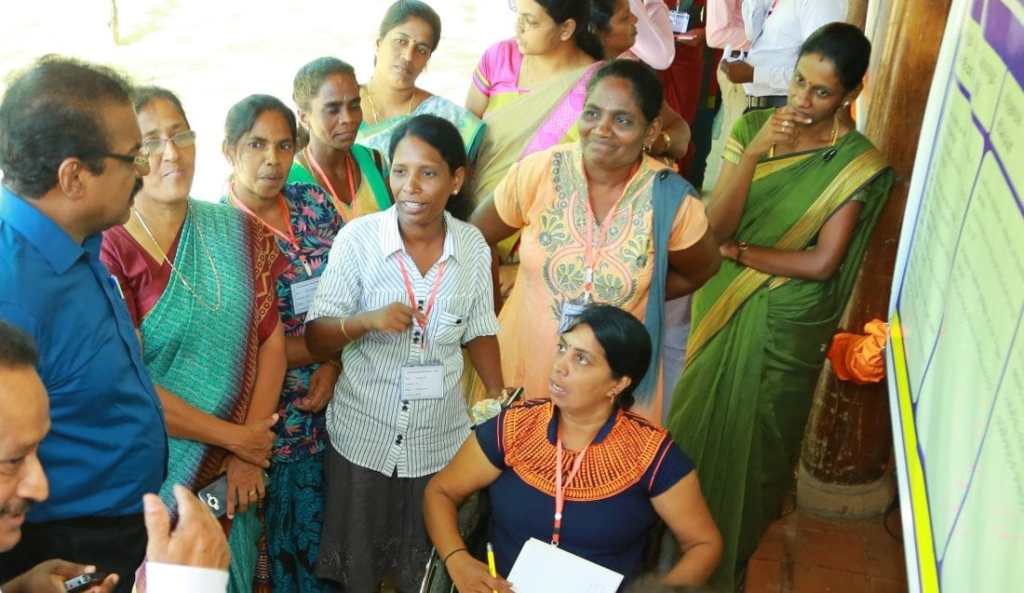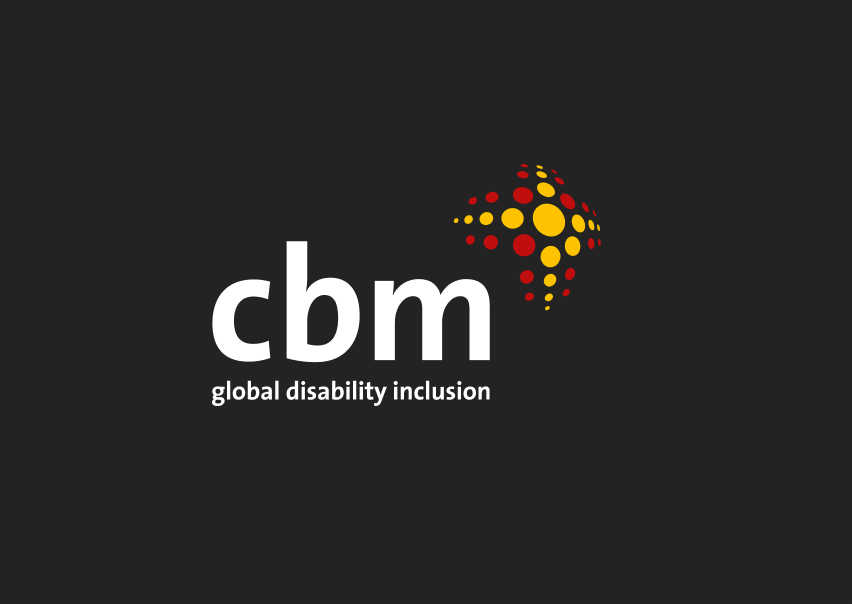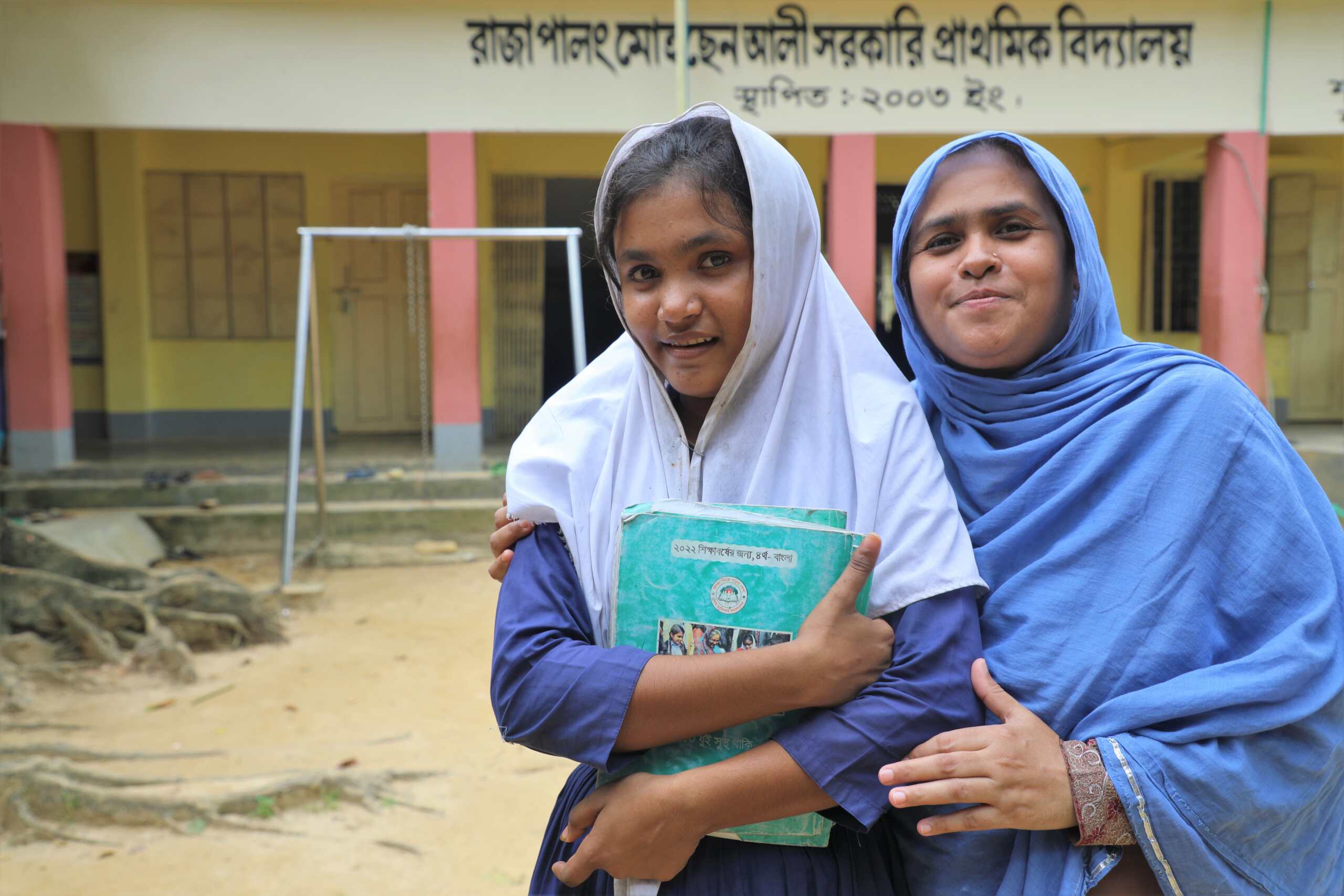Inclusive Economic Development in Sri Lanka with World Vision
Project | March 19, 2025
“Before, the community rejected us, but the project changed this. People now accept and respect us after they realised they hadn’t given us opportunities to grow.” Man with disability, Seruvila
World Vision’s gender and disability inclusive economic development (iLIVE) project in Sri Lanka aimed to increase economic engagement of vulnerable people, including people with disabilities and women, and to increase income from local value chains (where value is added at each step from production to final consumption) for selected crops.
The programme operated in post-conflict areas across four districts of Sri Lanka’s Northern and Eastern Provinces from 2016-21.

World Vision asked IAG for advice and support on how to factor disability inclusion into the project, right from the design stage. World Vision recognised that people with disabilities were being excluded from livelihood opportunities as well as other services in the project areas, where there was also no strong local disability movement or representative organisations. In response, World Vision prioritised being intentional about mainstreaming disability inclusion into the iLIVE project, as well as drawing on IAG’s expertise in working together with the disability movement.
“Women and men with disabilities are active in participating and leading community meetings and activities.” Economic Development Officer, Kandavalai
IAG provided advisory support in four main ways:
- Advising on disability inclusion in a range of elements of the project including formative research (ensuring inclusion in the baseline research, inclusive value chain analysis, knowledge, attitude and practice (KAP) survey and disability data collection).
- Suggesting how to strengthen disability inclusion in World Vision’s economic development approaches (such as Savings for Transformation and local value chain development).
- Supporting World Vision in engaging with organisations of persons with disabilities (OPDs), providing organisational strengthening and involving them as change agents in the project.
- Providing mentoring support to a disability inclusion advisor who was part of the local project staff.
“Increasing numbers of people with disabilities coming to our office are very confident and give us information on how to include them.” ADP, Kandavalai
The project evaluation found impressive outcomes for the inclusion of people with disabilities, which were facilitated through IAG’s support throughout the project, including:
- People with disabilities made up 19% of project beneficiaries and hold 22% of leadership positions across project groups (56% of these were women with disabilities)
- At least 500 people with disabilities are engaged in income generation through the project.
- OPDs in eight divisions – which were mainly inactive at the start of the projects – achieved refreshed membership, leadership and activity. This is leading to establishment of more local branches by the OPDs themselves.
- These stronger, more confident OPDs are now interacting more with government and regularly consulted at division, district and provincial levels.
- 92% of people with disabilities reporting increased independence, making their own decisions and confident to speak out at community meetings now they are economically active.
- Significant change in the attitudes of communities towards people with disabilities, with 91% of community members feeling comfortable working with people with disabilities (compared with 26% at the start of the project).
“World Vision has a long history of partnering with CBM Global. Collaborating on the iLIVE project has been a great experience and has opened new opportunities for us both. IAG were selected to provide long-term technical advice and support to build disability inclusion into the economic development project, starting from design phase through to closure. During the five-year project timely and highly valuable assistance and expertise were delivered by IAG. The results were impressive with the project reaching equal participation of people with diverse disabilities in the project. We have also observed an increase in the capacity of our staff; the community members and DPOs empowered; and all project learnings documented well, enabling us to share our achievements more broadly. We highly appreciate and value the support provided by IAG during this project and look forward to working together again in the future.” World Vision Australia partnership manager
https://cbm-global.org/project/inclusive-economic-development-sri-lanka-world-vision
Other IAG Projects

Community of Practice for Swiss INGOs
The IAG team of CBM Switzerland is facilitating a Community of Practice (CoP) on Disability Inclusive International Cooperation for...

Water for Women to include people with disabilities in climate-resilient WASH
CBM Global’s Inclusion Advisory Group (IAG) Australia partners with...

AHP Bangladesh
Since 2018, CBM Global’s IAG has been a technical partner in a consortium of six mainstream partners in the Australian Humanitarian Partnership (AHP) Rohingya response in Bangladesh. Working with...
